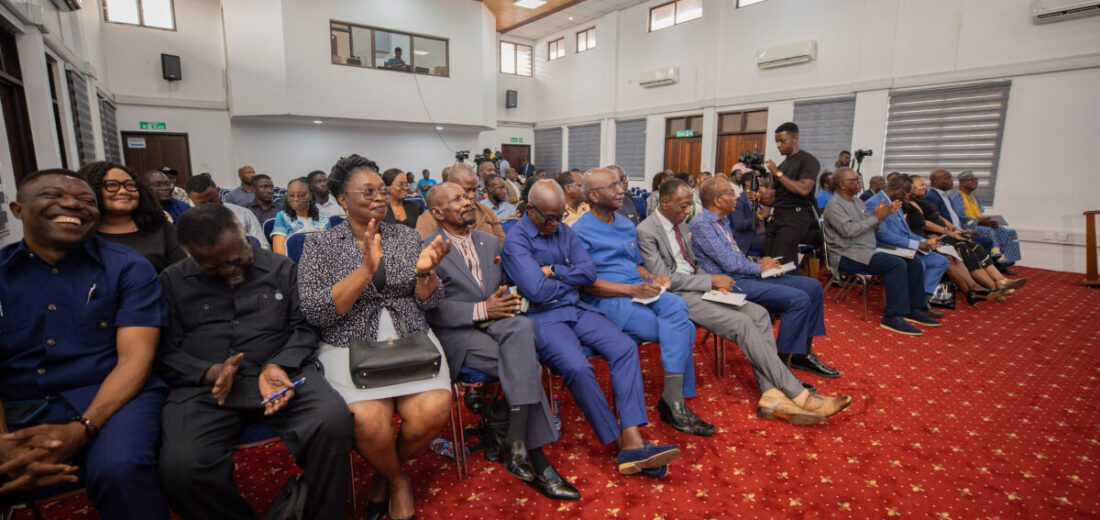
GhIE Launches New ADR Centre to Resolve Construction Sector Disputes
The Ghana Institution of Engineering (GhIE) has taken a historic step towards reshaping dispute resolution in the country’s engineering and construction sector with the official launch of its Alternative Dispute Resolution (ADR) Centre in Accra. The Centre is the first of its kind to be established within a professional engineering body in Ghana and among the earliest on the continent, positioning GhIE as a pioneer in promoting contractual justice through technical arbitration. The launch ceremony brought together dignitaries from the judiciary, industry, and international engineering organizations, including the Acting Chief Justice, Justice Paul Baffoe-Bonnie, and the President of the Federation of African Engineering Organizations (FAEO), Engineer Refilwe Buthelezi.

A Vision of Peace and Justice
In his keynote address, GhIE President, Engineer Ludwig Annang Hesse, described the ADR Centre as “the birth of a vision, a vision of peace, reconciliation and justice that promotes the development and well-being of our people here in Ghana, in Africa and in the world.” He cautioned that unresolved disputes in engineering often result in abandoned projects, wasted resources, and damaged professional relationships. Quoting the proverb, “When two elephants fight, it is the grass that suffers,” he urged stakeholders to embrace a culture of proactive conflict management. According to him, the tendency to churn out projects without feasibility studies or proper procurement processes was a major source of conflict in the industry, one that this new Centre was designed to address.
Acting Chief Justice Paul Baffoe-Bonnie
Judiciary Endorsement
The judiciary also threw its weight behind the initiative. Acting Chief Justice Paul Baffoe-Bonnie praised the Centre as both timely and essential in reducing the judiciary’s workload while ensuring justice in complex technical cases. He noted that the courts alone cannot manage the rising volume of disputes in the construction sector, stating, “The judiciary cannot do it alone. If we are to deliver justice that is timely, fair, and efficient, then specialized institutions such as this ADR Centre must complement the work of the courts. It will ensure that disputes, especially those of a technical nature, are resolved by experts who understand them best.”
Industry Perspective
Industry stakeholders echoed similar sentiments. The Volta River Authority (VRA), which sponsored the remodeling of the facility to house the Centre, described it as a pace-setting initiative that would save both time and money in dispute resolution. Deputy Chief Executive, Samuel Kwesi Fletcher, remarked that while engineering is inherently collaborative, conflicts are inevitable and when they arise, resorting to the courts often proves costly and time-consuming. He explained that the ADR Centre would help resolve such disputes constructively, preventing critical national projects from stalling or being abandoned.
President of the Federation of African Engineering Organizations (FAEO), Engineer Refilwe Buthelezi.
Continental Significance
The Centre has also been positioned as a model for Africa. In her goodwill message, FAEO President, Engineer Refilwe Buthelezi, hailed Ghana’s leadership, declaring, “You have set the path, not only for Ghana but for Africa. This initiative ensures that ADR becomes a permanent pillar of engineering integrity across the continent.” She revealed that FAEO is working with the African Continental Free Trade Area (AfCFTA) Secretariat to integrate engineering ADR practitioners into cross-border trade and infrastructure frameworks, a move that further underscores the Centre’s continental relevance.
Legal Strength and Flexibility
The legal weight of the Centre was further highlighted by Michael Gyary, President of the GhIE ADR Board, who explained that rulings issued through the Centre carry the force of law under Ghana’s ADR Act. “The Ghana ADR Act provides that an award from a panel of arbitrators is enforceable as a judgment of the court,” he said. He also stressed that arbitration through the Centre would be highly flexible and adaptable to the nature of disputes. “ADR is party-driven. Unlike the rigid timelines of the courtroom, arbitration allows disputes to be resolved at a pace that matches their complexity,” he explained.
Building Local Expertise
Beyond dispute resolution, the Centre has already commenced training engineers in mediation and arbitration to build a pool of local experts capable of resolving technical disputes. This reduces reliance on foreign practitioners, ensuring outcomes that are more in tune with Ghanaian realities while strengthening local professional capacity. Oversight of the Centre will rest with a five-member board chaired by retired Supreme Court Judge, Justice Barbara Frances Akayensu, and comprising eminent professionals with expertise in law, engineering, and finance.
A Turning Point for Ghana’s Development
The launch of the GhIE ADR Centre marks a significant milestone in Ghana’s pursuit of efficiency and accountability in infrastructure delivery. By providing a specialized and impartial platform for dispute resolution, it promises to safeguard public investment, strengthen professional ethics, and encourage collaboration over confrontation. For Ghana, the Centre signals a new era where disputes in construction and engineering no longer have to derail development but instead can become opportunities to showcase integrity, innovation, and leadership on the African stage.
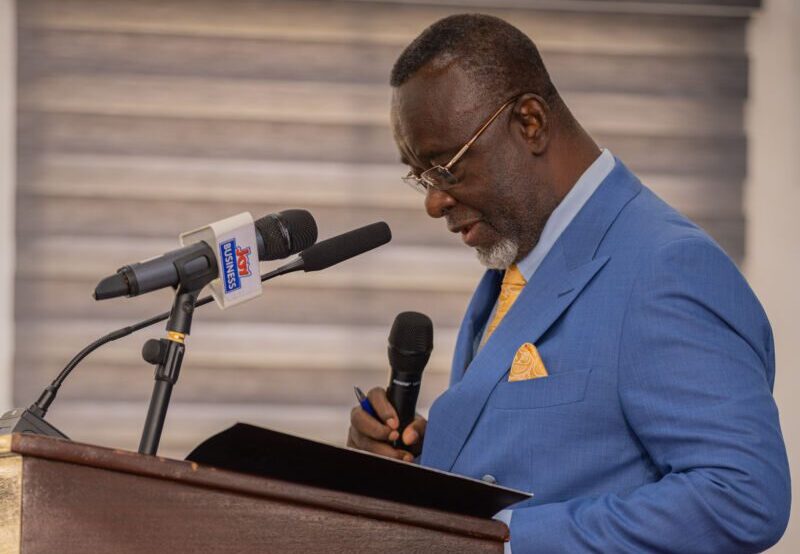
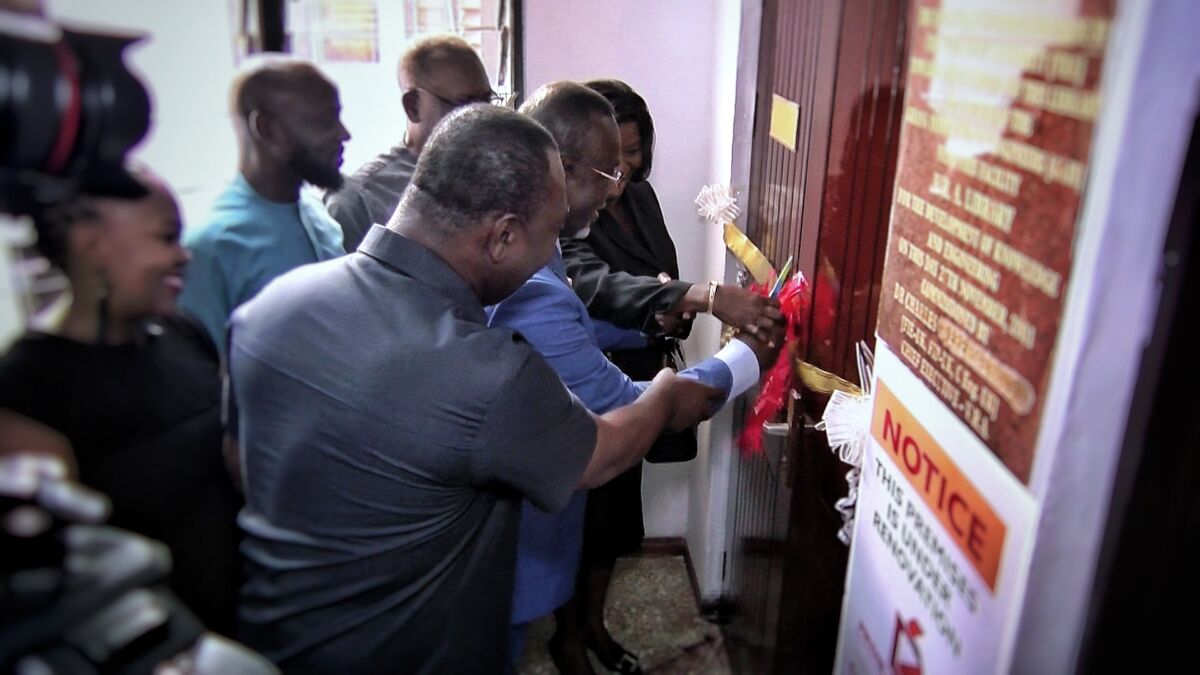
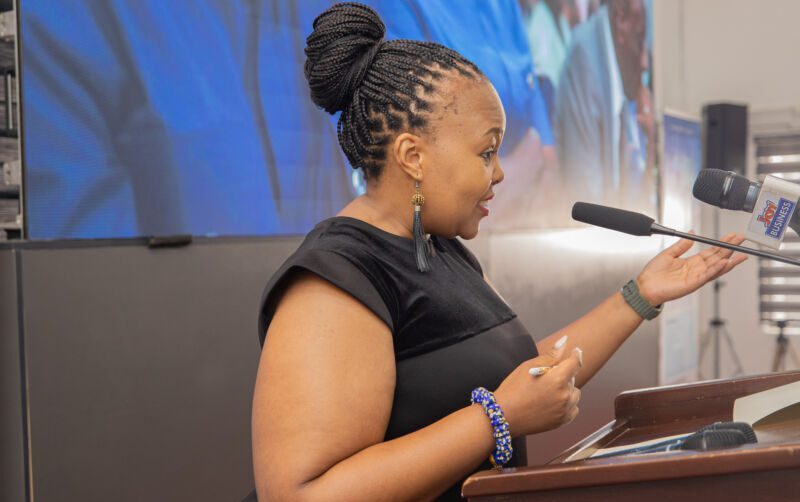
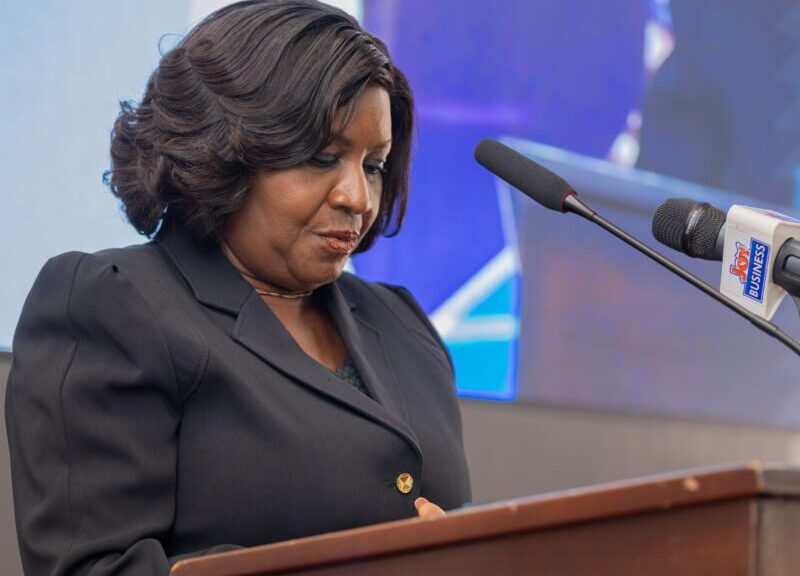
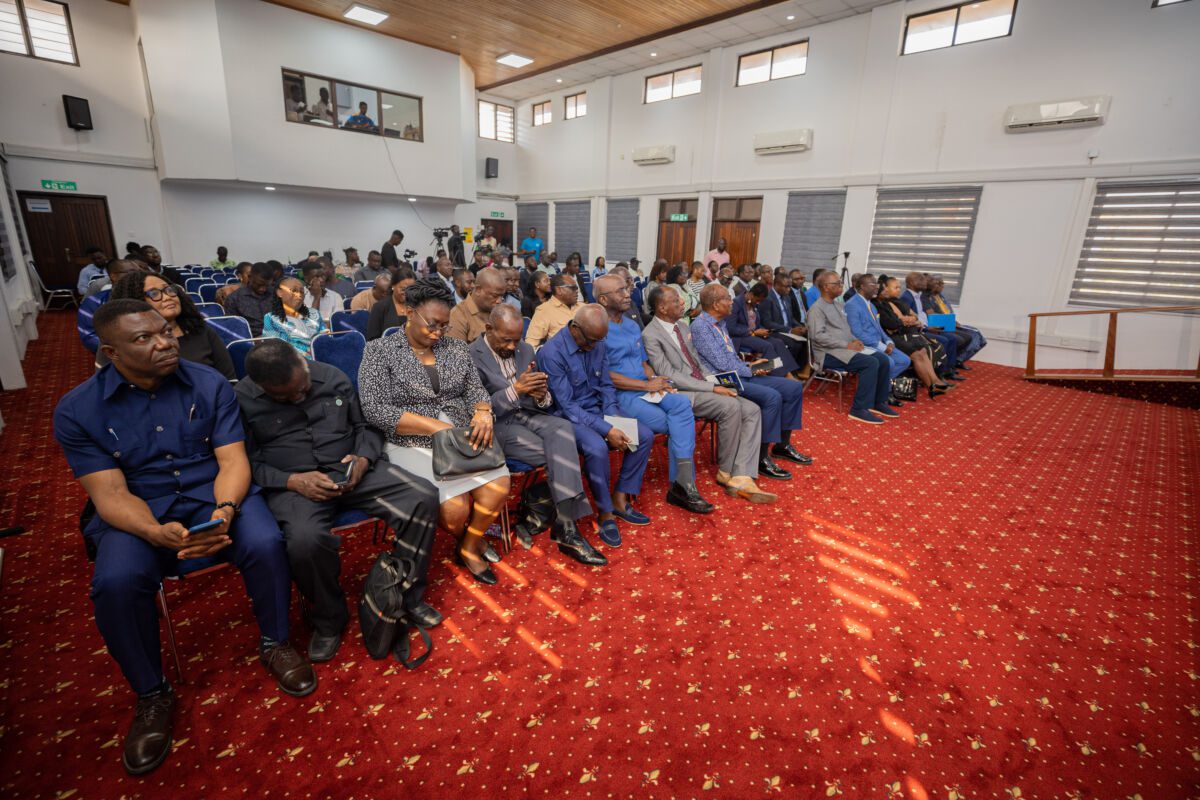


Leave a Reply